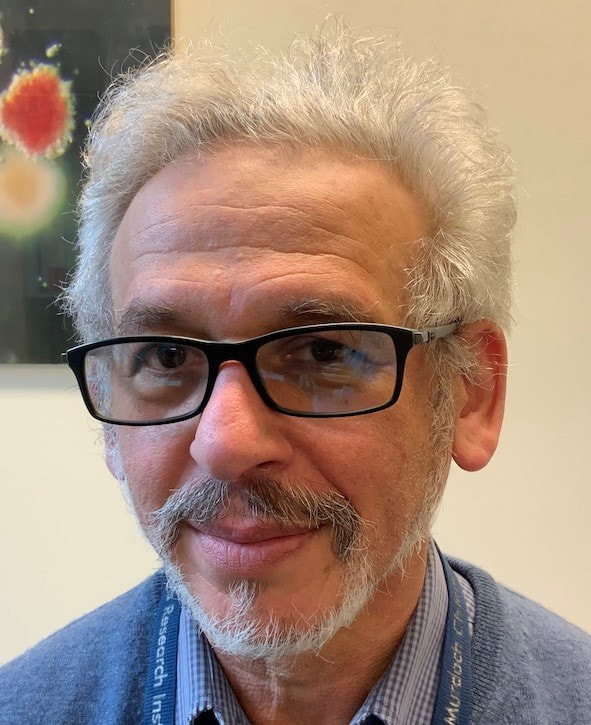|
Date: 24 May 2022 (Tuesday)
Time: 11am - 12pm Format: Zoom Webinar (registration is required) Hosted by: Adrian Teo, IMCB & Vice-treasurer SCSS |
ABSTRACT
Human blood development occurs in several waves at different embryonic sites, regulated by time sensitive, complex signaling networks. To recapitulate haematopoiesis in vitro, we have differentiated human pluripotent stem cells (hPSCs) using protocols that can generate extra embryonic (yolk-sac like) or intra embryonic (AGM-like) progeny. Single cell RNA-sequencing of differentiated cultures enabled us to study the relationships between mesoderm derived endothelial progenitors, blood cells and stromal elements. Transcriptomic analysis revealed extensive heterogeneity of early haematopoietic and endothelial cells. Comparing the hPSC-derived blood and endothelium cells with datasets of early human blood development, we found a high degree of similarity between in vivo and in vitro generated venous and arterial endothelial cells as well as hematopoietic stem and progenitor cells. Some points of difference between the transcriptional profiles of hPSC-derived and human embryonic haematopoiesis were also identified, providing clues how to further improve differentiation protocols.
BIO
Andrew Elefanty's laboratory has focused on the differentiation of pluripotent stem cells for many years, working with mouse and then with human PSC since 2002. His main focus has been on the differentiation of PSC towards blood cell lineages. Together with his long term collaborators Elizabeth Ng and Ed Stanley, his goal is to generate cells for transplantation and to model blood diseases in vitro.
Human blood development occurs in several waves at different embryonic sites, regulated by time sensitive, complex signaling networks. To recapitulate haematopoiesis in vitro, we have differentiated human pluripotent stem cells (hPSCs) using protocols that can generate extra embryonic (yolk-sac like) or intra embryonic (AGM-like) progeny. Single cell RNA-sequencing of differentiated cultures enabled us to study the relationships between mesoderm derived endothelial progenitors, blood cells and stromal elements. Transcriptomic analysis revealed extensive heterogeneity of early haematopoietic and endothelial cells. Comparing the hPSC-derived blood and endothelium cells with datasets of early human blood development, we found a high degree of similarity between in vivo and in vitro generated venous and arterial endothelial cells as well as hematopoietic stem and progenitor cells. Some points of difference between the transcriptional profiles of hPSC-derived and human embryonic haematopoiesis were also identified, providing clues how to further improve differentiation protocols.
BIO
Andrew Elefanty's laboratory has focused on the differentiation of pluripotent stem cells for many years, working with mouse and then with human PSC since 2002. His main focus has been on the differentiation of PSC towards blood cell lineages. Together with his long term collaborators Elizabeth Ng and Ed Stanley, his goal is to generate cells for transplantation and to model blood diseases in vitro.

